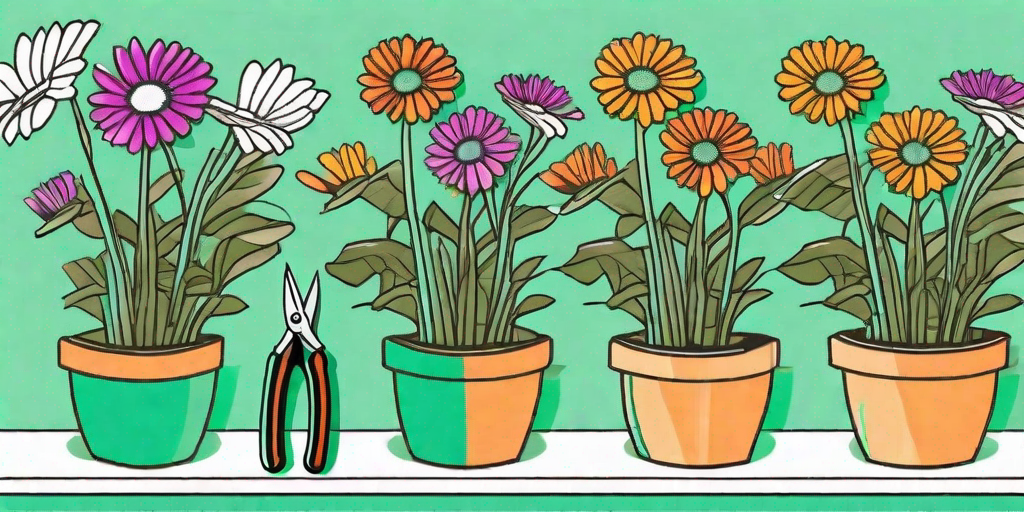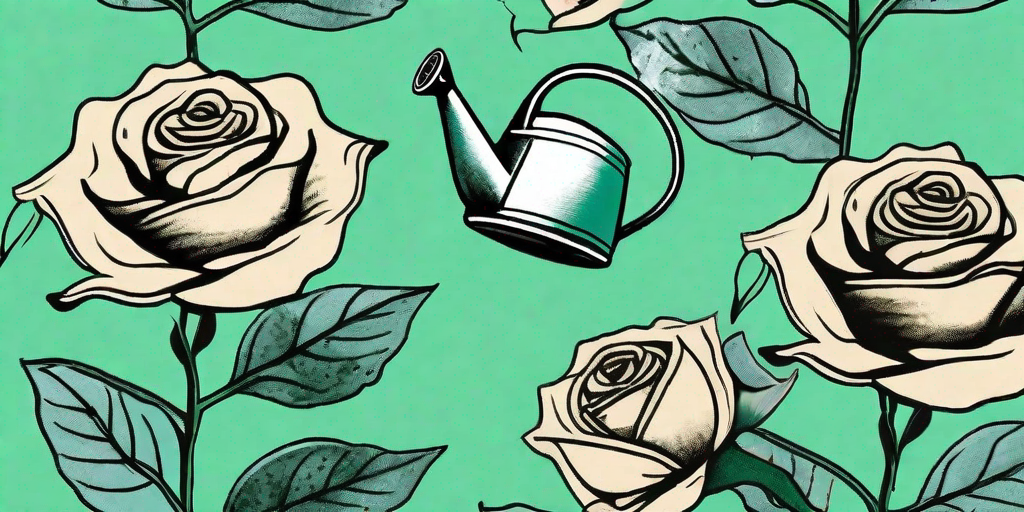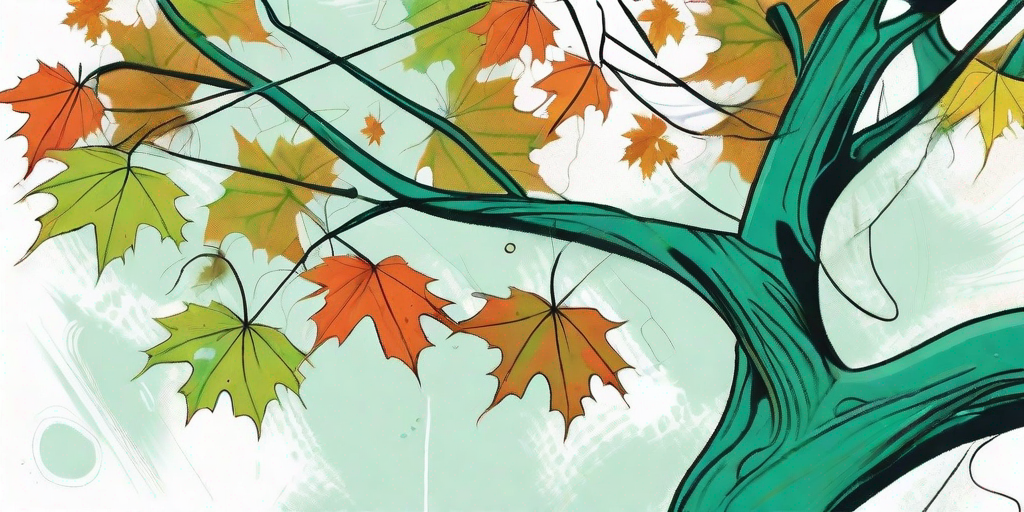
Roses are red, violets are blue, but what happens when your roses turn a sickly hue? Well, my dear reader, you may be dealing with a case of overwatering. But fear not! This comprehensive guide will help you diagnose and treat overwatered rose diseases, and get your garden back to its blooming best.
Understanding Overwatering
Before we dive into the nitty-gritty, let's take a moment to understand overwatering. Contrary to popular belief, roses are not the drama queens of the garden world. They don't need constant pampering and attention. In fact, they prefer a little tough love, especially when it comes to watering.
Overwatering is not just about giving your roses too much water. It's also about how often you water them. Roses like to dry out between watering sessions. So, if you're the type of person who waters their roses every day, stop! You're drowning them. And trust me, roses are not good swimmers.
Signs of Overwatering
Now that we know what overwatering is, let's look at the signs. If your roses are overwatered, they'll start showing symptoms. It's like they're sending you an SOS. And no, they won't start singing ABBA, but they will show signs like yellow leaves, wilting, and root rot.
Yellow leaves are the most common sign of overwatering. If your roses look like they've been tangoed, it's a clear sign they're getting too much water. Wilting is another sign. This might seem counterintuitive, as we often associate wilting with lack of water. But in this case, it's a sign of too much water. Finally, root rot. This is the most serious sign of overwatering. If your roses have root rot, they're in serious trouble. But don't panic! We'll cover how to treat it later in this guide.
How to Save Your Drowning Roses
So, you've diagnosed your roses with overwatering. Now what? Well, it's time to play doctor and nurse your roses back to health. And no, you don't need a medical degree for this. Just a little patience and a lot of love.
First, you need to adjust your watering schedule. Remember, roses like to dry out between watering sessions. So, cut back on the watering. If you've been watering every day, try watering every other day instead. If that doesn't work, try watering once a week. The key is to find a balance that keeps your roses happy and healthy.
Dealing with Root Rot
If your roses have root rot, it's a bit more complicated. Root rot is like the black death for roses. It's deadly and difficult to treat. But it's not impossible. The first step is to remove the affected roses from your garden. This might seem drastic, but it's necessary to prevent the disease from spreading.
Next, you need to treat the affected roses. This involves removing the diseased roots and treating the remaining roots with a fungicide. Once you've done this, you can replant your roses in fresh, well-draining soil. But remember, prevention is better than cure. So, make sure you adjust your watering schedule to prevent root rot in the future.
Preventing Overwatered Rose Diseases
As the old saying goes, an ounce of prevention is worth a pound of cure. This is especially true when it comes to overwatered rose diseases. By taking a few simple steps, you can prevent these diseases and keep your roses blooming beautifully.
First, make sure you have well-draining soil. Roses hate sitting in water. It's like sitting in a wet swimsuit. It's uncomfortable and can lead to all sorts of problems. So, make sure your soil drains well. If it doesn't, consider adding some sand or compost to improve drainage.
Choosing the Right Watering Schedule
Next, choose the right watering schedule. As we've already discussed, roses like to dry out between watering sessions. So, don't water them every day. Instead, water them once or twice a week, depending on the weather. If it's hot and dry, water them more often. If it's cool and wet, water them less often.
Finally, don't forget to mulch. Mulch is like a magic carpet for roses. It helps retain moisture, keeps the soil cool, and prevents weeds. So, don't skimp on the mulch. Your roses will thank you for it.
FAQs
- How often should I water my roses?
It depends on the weather. If it's hot and dry, water them more often. If it's cool and wet, water them less often. But remember, roses like to dry out between watering sessions. So, don't water them every day.
- What does overwatering look like?
Overwatered roses show signs like yellow leaves, wilting, and root rot. If your roses show these signs, it's time to adjust your watering schedule.
- How do I treat root rot?
Root rot is serious but treatable. First, remove the affected roses from your garden. Then, remove the diseased roots and treat the remaining roots with a fungicide. Finally, replant your roses in fresh, well-draining soil.
So, there you have it. A comprehensive guide to overwatered rose diseases. Now, go forth and rescue your drowning roses. And remember, when it comes to watering, less is more. Happy gardening!















